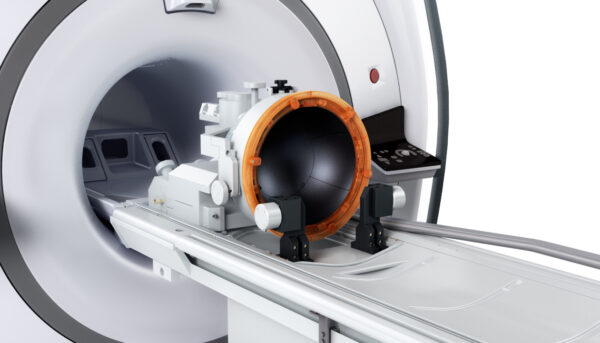
After it received expanded FDA approval for an incisionless surgical device, Insightec raised new funding that valued the company above $1 billion.
The company closed a $150 million funding round for its surgical ultrasound device, used to treat essential tremor in patients that haven’t responded to medication, and tremor-dominant Parkinson’s disease. Koch Disruptive Technologies, a subsidiary of Koch Industries, led the funding round, bringing Insightec’s post-money valuation to $1.3 billion.
KDT is a repeat investor in the startup, having led a $150 million funding round in Insightec in 2017.
“Our partnership with KDT and other investors is helping to fuel our momentum as a rapidly growing number of medical institutions adopt our focused ultrasound technology,” CEO and Chairman Dr. Maurice Ferré said in a news release. “This new investment demonstrates our investors’ commitment to help drive the next generation of focused ultrasound.”
In 2016, Insightec received FDA approval for its surgical device, a magnetic resonance guided focused ultrasound. It was initially approved to treat patients with essential tremor that are not responsive to medication, and was later expanded for the treatment of tremor-dominant Parkinson’s disease.
How it works: Insightec’s device uses high intensity sound waves to ablate the thalamus, leading to a reduction in hand tremors. Unlike traditional surgeries, the process doesn’t require an incision. However, the surgery can only be conducted on one side of the brain, meaning it would only apply to the dominant hand.

A Deep-dive Into Specialty Pharma
A specialty drug is a class of prescription medications used to treat complex, chronic or rare medical conditions. Although this classification was originally intended to define the treatment of rare, also termed “orphan” diseases, affecting fewer than 200,000 people in the US, more recently, specialty drugs have emerged as the cornerstone of treatment for chronic and complex diseases such as cancer, autoimmune conditions, diabetes, hepatitis C, and HIV/AIDS.
Medications are still the preferred method of treatment for tremors. For more severe cases, when they don’t work, deep brain stimulation surgery is the standard of care, where electrodes are used to stimulate the thalamus, blocking the signals that cause tremors.
Insightec had initially focused on using the technology for other types of surgeries, such as for uterine fibroids. It received FDA approval for these other indications years ago, but didn’t see much traction with hospitals.
Ferré, former CEO of surgical robotics company MAKO Corp., which was later sold to Stryker Corp., guided the company toward its current focus on neurology.
Insightec, which has its global headquarters in Israel and its U.S. headquarters in Miami, has sold its technology to more than 65 health systems around the world. A study that was published in Neurology and funding in part by Insightec showed that of 76 patients with essential tremor, 58% of reported an improvement of at least 50% in their hand tremors and function at the three-year point.
Photo credit: Insightec












